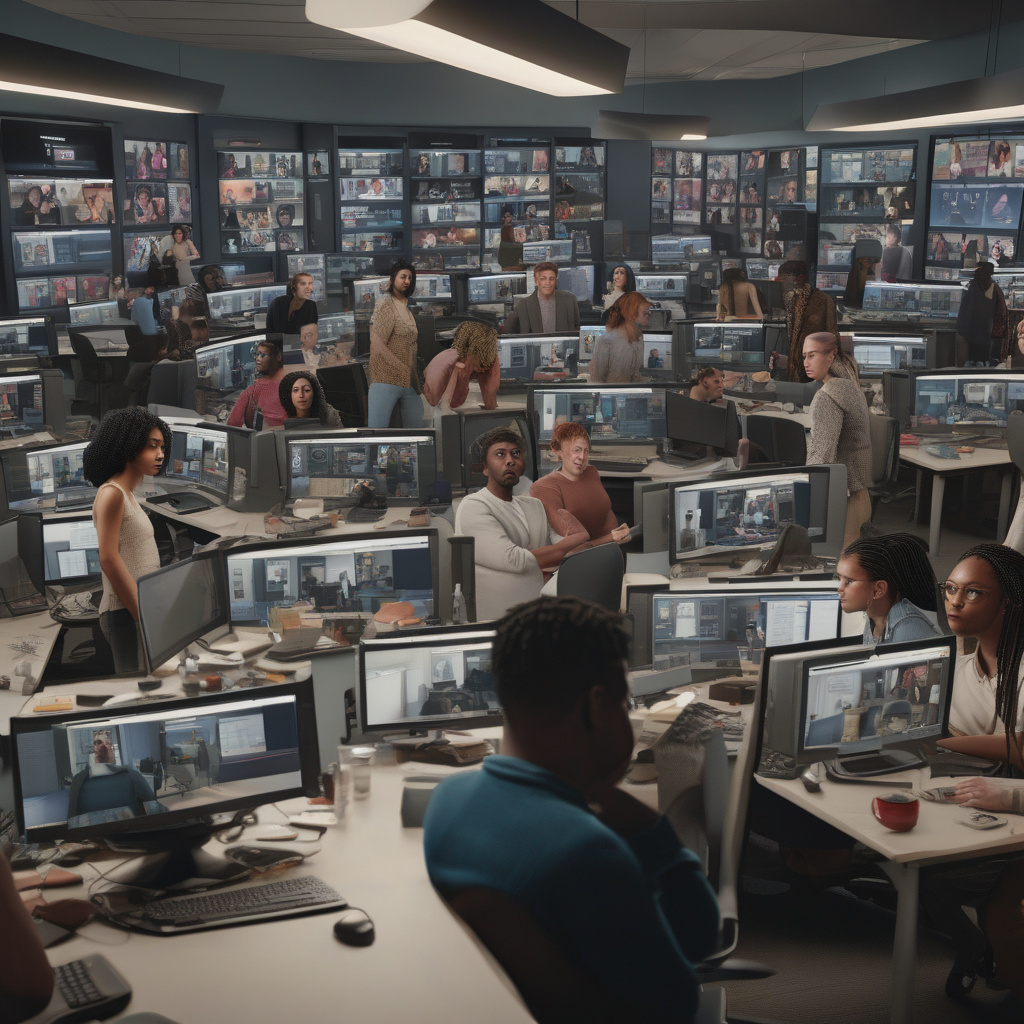YouTube Under Fire for AI Video Edits Without Creator Consent
YouTube, the video-sharing giant, has recently found itself in hot water over its use of artificial intelligence to edit videos without the creators’ consent. This move has not only angered many content creators but has also reignited debates surrounding trust, regulation, and control in the age of AI.
By experimenting with AI edits without approval, YouTube has crossed a line that many creators feel infringes upon their creative rights and autonomy. The platform, which boasts over 2 billion logged-in monthly users, has a long-standing history of empowering creators to express themselves and share their content with a global audience. However, this recent use of AI technology has raised concerns about who ultimately controls the content uploaded to the site.
Creators invest significant time, effort, and resources into producing high-quality videos that resonate with their audiences. From scripting and filming to editing and uploading, the content creation process is a labor of love for many individuals and organizations. By allowing AI to make edits to their videos without permission, creators feel that their artistic vision is being compromised and their hard work devalued.
Moreover, the lack of transparency surrounding YouTube’s use of AI technology has only fueled the backlash from creators. Many have expressed frustration over the platform’s decision to implement these edits without seeking input or approval, further eroding the trust between YouTube and its user base. In an era where data privacy and security are at the forefront of public consciousness, the unauthorized use of AI on creators’ content raises red flags about who has access to their work and how it can be altered without their knowledge.
This incident also underscores the broader conversation around the need for regulation and oversight in the realm of AI technology. As artificial intelligence continues to advance and permeate various industries, questions about ethics, accountability, and control become increasingly relevant. Creators are calling for clearer guidelines and safeguards to ensure that their content remains protected and that they have a say in how it is presented to the public.
In response to the backlash, YouTube has stated that they are reviewing their policies and practices regarding AI edits on creator videos. They have emphasized their commitment to empowering creators and providing them with the tools and resources they need to succeed on the platform. However, many creators remain skeptical and are calling for more concrete action to address their concerns and protect their creative rights.
As the debate around YouTube’s use of AI video edits rages on, one thing is clear: the relationship between platforms and creators is evolving in the age of AI. Trust, transparency, and communication are more important than ever, and it is crucial for all parties involved to work together to find solutions that uphold the integrity of the creative process while harnessing the benefits of technological innovation.
In conclusion, YouTube’s recent experiment with AI video edits without creator consent has sparked outrage and raised important questions about trust, regulation, and control in the digital landscape. As the platform navigates this controversy, it is essential for creators, users, and tech companies to engage in open dialogue and collaboration to ensure that ethical standards are upheld and creative autonomy is respected in the ever-changing world of online content creation.
YouTube, AI, Video Edits, Creator Consent, Regulation
